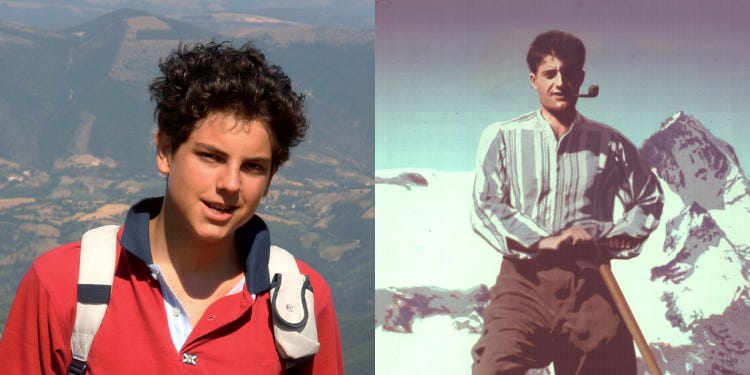Pope Leo Canonizes Simpsons-Loving Coder and Fighter Against Fascism
Carlo Acutis, the first millennial saint, coded websites and loved The Simpsons. Pier Giorgio Frassati scaled mountains and fought fascism in Italy.

Dear friends,
Happy Sunday, and thank you for being part of Letters from Leo. In just over two months, we’ve become one of the fastest-growing Substacks in the world.
I can only continue this work with your support.
If you value it, please consider becom…


